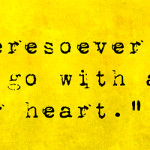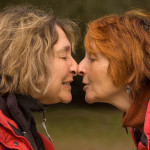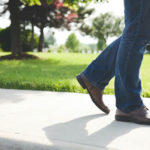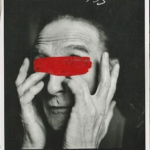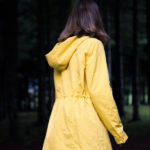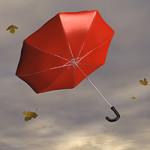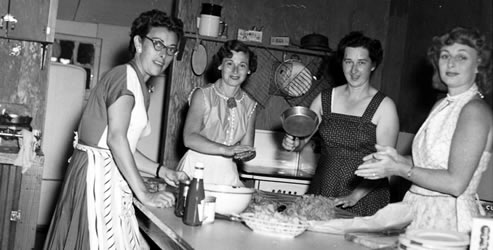
(Excerpt from book due to be published in late 2016)
As a child I said the following prayer with whoever was putting me to bed:
Now I lay me down to sleep,
I pray the Lord my soul to keep.
If I should die before I wake,
I pray the Lord my soul to take.
Amen.
The prayer was followed by a kiss on my forehead. Having turned my body and soul over to God, my parent would turn out my bedroom light and leave the room.
The common prayer came into being when childhood mortality was high, and it was likely more for the parents’ peace of mind than the child’s. With the advent of penicillin death due to infection plummeted.
But we rural kids continued to witness the life cycle in various ways.
Crops were sown in spring, harvested in summer and mowed flat in the fall. In winter the dead fields lay fallow under snow and ice.
Livestock died.
People died from farm accidents, stubborn infection and disease.
And when someone died, everyone rallied to support the family.
Death was a community affair
Eunice from Burkhardt’s grocery had the only phone close to our house, and it was usually Eunice who would knock on our door to tell us someone died. Within hours our kitchen would fill with people preparing food to take to the family for the two evenings of visitation.
It wasn’t long until I knew which casserole dishes would come out of the cupboard and what would be prepared. I knew where to find the tape, how to place a piece on the bottom of the dish for our family name; and how best to load and keep a casserole hot in the trunk of a car.
Where my family went, I went. And that included going to the home of the deceased.
The body was “laid out” with the casket positioned at the end of one of the rooms in the family home. Church members had delivered folding chairs earlier that now encircled the perimeter of the room.
I can remember sitting under caskets with other children, quietly talking. I also remember thinking about death. I decided that while the person in the casket was obviously not talking and walking around, they were not gone either—so I decided the person was not totally dead until they were buried.
The Shift to the Protected Child
As the US rural population shifted to the city and a metropolitan lifestyle, parents sheltered their children from what they considered unpleasant. As a result I would venture to say that some of you reading this post left home without attending a funeral or being to cemetery. That’s not an accusation. It is reality. And one that comes with consequences: you didn’t learn, by example, what to do when someone dies.
Life Happens as it Does, Not as it Should
Yes, as a young adult you are aware that everyone dies, but you want to think that death happens in order: the oldest dies first. Unfortunately, it doesn’t take long to realize that life happens as it does, not as it should. Which means we don’t always get what we want, and people do die before they are old.
When they do die, two thoughts can come to mind: “Can I look the other way long enough to not have to do anything?” or “Am I going to suck up my anxiety and try to do what is right for my neighbor, my friend, or my fellow employee.”
These are viable questions since we have come to love efficiency, hate inconvenience, and abhor being uncomfortable. And—yet—you younger readers are also the ones who volunteer at large scale disasters, and have a soft-spot for making a difference in the world.
That said large scale is different than up-close-and-personal. Have you noticed that? You don’t stick out when surrounded by the many. But when it comes to a one-on-one with a friend, fellow employee, neighbor or family member who is experiencing a tragedy, you can stumble when it comes to knowing what to say, do or how to be.
And yet it is in the one-on-one that you make the greatest contribution toward keeping your family and community healthy and vital. When you move toward a person, you let them know they matter. This is critical in times of loss. When a person thinks they don’t matter they isolate and can end up seriously depressed. But when supported, they are more likely to rebuild their life and later support you when you need it.
In Closing, We Need Each Other
Family members are spread all over the world, not just out of state. We change jobs every few years and seldom make lifelong friends with fellow employees. Membership in religious organizations is way down. The odds are good that you are a stranger to your neighbor. But you can change that.
If you are reading this book, I assume you have the will to do what is right and are ready to feel uncomfortable. But you would sure love a guide to help you know what to do, not do, say and not say and when. And soon you will have it!
Stay tuned for excerpts with short answers to your questions.
Until then – stay safe and connect to someone tomorrow!
Subscribe to Blog


